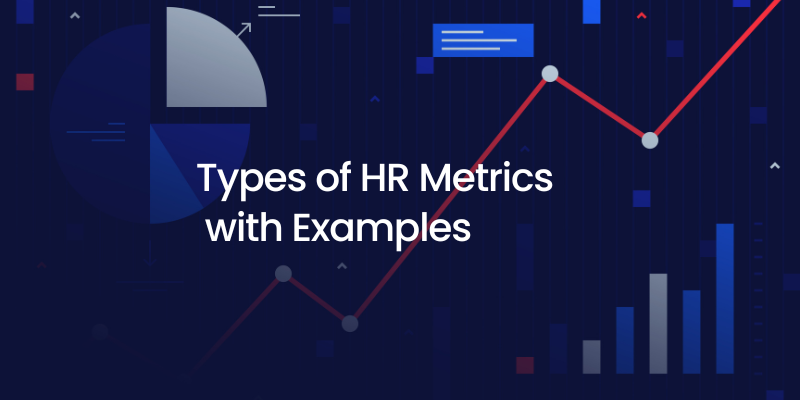HR Business Partner Meaning, Definition, Role & Responsibilities
An HR business partner (HRBP) is an expert who aligns a company’s people strategy with their business strategy. They add value to the organization and significantly help businesses make key decisions.
Such a partner partner advises companies on reducing employment related risks. Specifically, they provide guidance on a wide array of HR issues such as workplace disputes, compliance, worker classification, HR policy, and more. They further use their business industry-specific knowledge to help support the company’s goals. Hence, their role benefits both the company and employees.
HR Business Partner Role
The strategic HR Business Partner role is constantly evolving, driven by changes in the job market. The HRBP role and responsibilities not only focus on day-to-day HR operations, such as payroll, talent acquisition, and benefits processing. Rather, they help companies by developing strategies and coaching department heads.
In the case of multiple HRBPs in the companies, they all need to report their department’s progress to their seniors. Subsequently, the senior will ensure that each department is working toward the company’s goals and upholding its core values.
Responsibilities of an HR Business Partner
As their role is at a large strategic level, they require certain skills to achieve success in their role. Notably, their skills are important for the success of an organization. Therefore, they need expertise in decision making, communication, and leadership. Other skills central to their effectiveness are business acumen, data literacy, and digital agility. Thus, the HR business partner strategy requires these skills to integrate the HR function with the business side of things.
Liked what you read? Let’s take it to the next level!
Frequently Asked Questions
Q1. | What qualifications are required for an HR Business Partner? |
| Ans. | Qualifications required are as follows: ✅ A bachelor’s degree or master’s degree in HR Management or a related field ✅ At least five years of HR experience in areas such as people management, talent acquisition , and benefits administration ✅ Technical abilities such as analytical skills, project management, strategic leadership, knowledge of relevant labor laws, cultural awareness, and business acumen ✅ Workplace skills are also required, such as interpersonal communication, active listening, mentoring, and the ability to foster change |
Q2. | How does an HRBP contribute to business strategy? |
| Ans. | An HR Business Partner (HRBP) plays a key role in shaping business strategy by ensuring HR practices align with organizational goals. Moreover, they act as a strategic advisor, addressing workforce-related challenges to drive business performance and growth. |
Q3. | What is the difference between an HR Partner and an HR Business Partner? |
| Ans. | Both the terms are used interchangeably, but the role of an HR business partner is more strategic. Their focus is on aligning HR initiatives with business goals. In contrast, an HR partner may have a broader and more general HR emphasis. |
Q4. | How does an HRBP support company culture? |
| Ans. | Company culture is supported by developing a people-centric leadership framework, implementing regular cultural assessments, and establishing people-centric key performance indicators (KPIs). They further facilitate leadership development programs focused on people skills. |
Q5. | What are the key responsibilities of a Senior HR Business Partner? |
| Ans. | They act as a trusted partner and advisor to business leaders. It further includes driving talent management initiatives, working closely with senior management to develop and implement the HR strategy. Moreover, they enhance organizational effectiveness through the application of HR processes. |
Q6. | How do HR Business Partners drive organizational change? |
| Ans. | They excel at recognizing the skills and competencies essential for an evolving organization. As a matter of fact, they carefully evaluate the existing talent pool, recognizing high-potential employees and identifying skill gaps. Consequently, this insight drives strategic recruitment, training, and development efforts. |
Resources
Explore how HR trends 2026 are shaping workplaces and employee experiences.
Discover how the employee lifecycle improves engagement and retention.
Learn why HR metrics are key to better engagement and smarter decisions.





